Traditional Firms Explore Succession Strategies for Future Survival
During the peak season for Gatwards of Hitchin, the oldest family-run jeweller in the UK, Christmas holds cherished moments for Charlotte Gatward, the managing director of the establishment.
“Since I was 13, I would come in every year to help with the gift wrapping. Even while in university, I made it a point to return. It never felt like Christmas began until I had been at the shop. On Christmas Eve, we often assisted men in a panic, asking, ‘I haven’t purchased anything for my wife. Can you help?’,” recalls Gatward, now 45.
Prior to joining her family’s business full-time in 2018, Gatward had a career in finance, notably at the Royal Bank of Scotland. She always intended to take over from her mother and aunt, who previously managed the store. “One of our fundamental principles as a company is longevity. Having thrived for 265 years, I aspire for the business to progress into the ninth generation and beyond.”
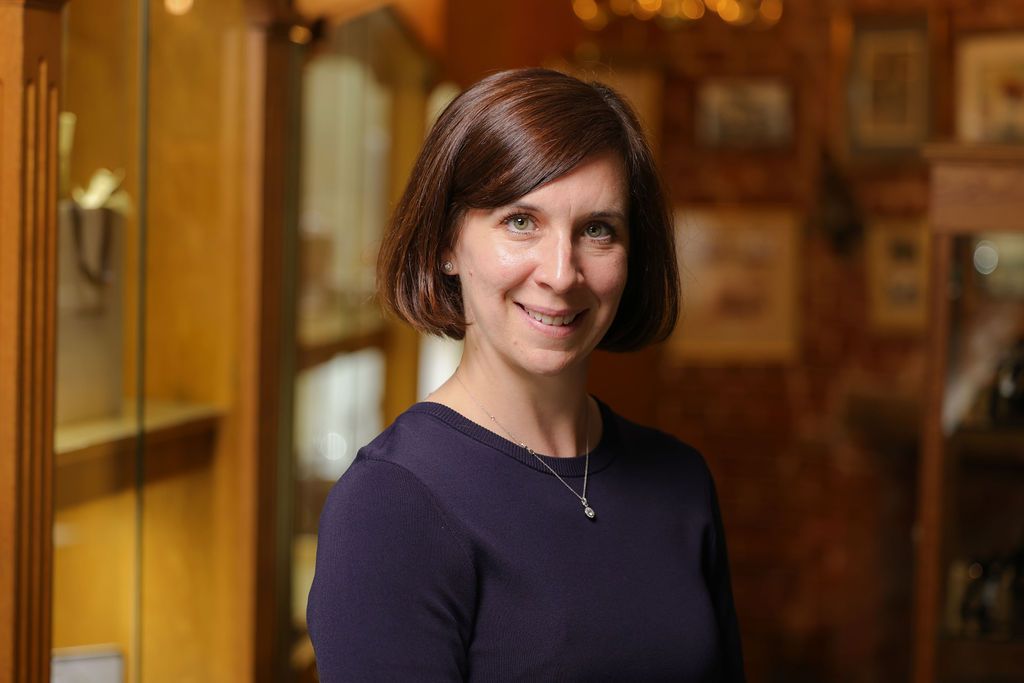
Charlotte has two young children, and her brother Ben, who isn’t part of the family business, has a daughter. Together, they hope that one of the next generation will step up as a future leader.
The profound family heritage came into clearer view last summer with a £200,000 renovation of their Hitchin building. This site has been home to the business for over 200 years after losing its first store to a fire, a tragedy that claimed the life of Charlotte, one of the owners, who attempted to retrieve her gold watch from the flames.
Gatward noted that the refurbishment not only modernized the shop but also revived elements of its rich history that she had previously only heard about. One story highlights a past owner, Bradley Gatward, who reportedly preferred music to managing the shop, often watching customers through a spy hole from the flat above.
“He lived above the store and would peer through a spy hole; if he found the customers undesirable, he’d retreat upstairs to continue playing his organ,” Gatward recounted. “During the renovation, we discovered the spy hole behind the old cabinets.”
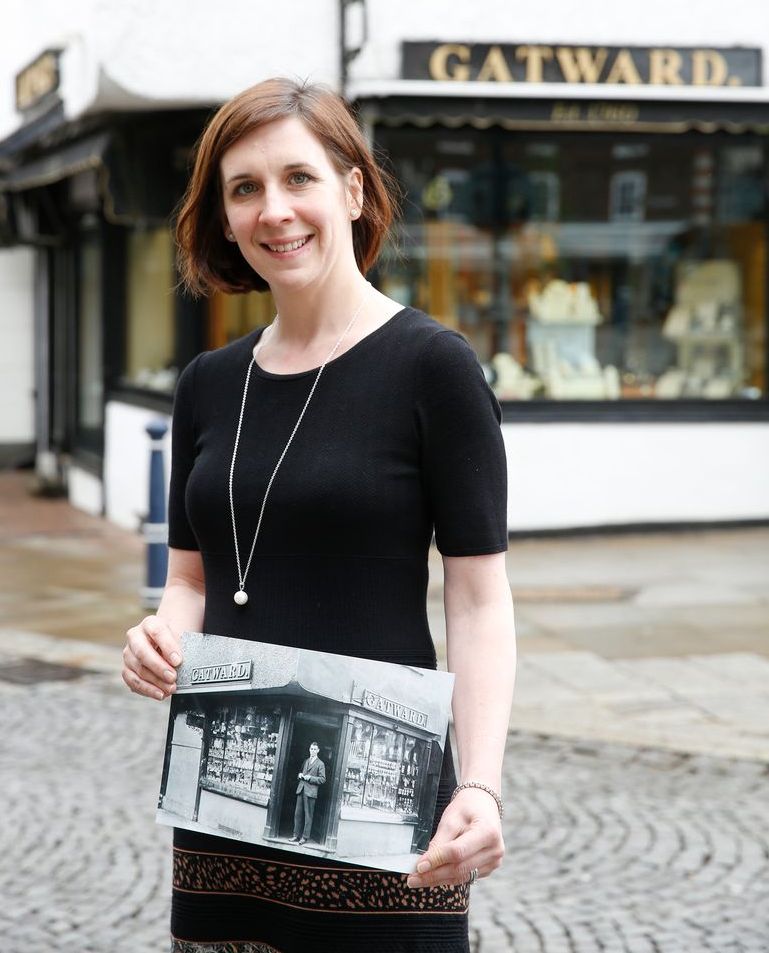
Executing a renovation in a building steeped in memories posed a significant challenge, remarked Gatward. “Balancing modernization with the need to offer an exceptional in-store experience—something unreplicable by online retailers—while preserving the charm of our historical location and traditional ethos was crucial.”
The family’s strong emotional ties to the property made the Chancellor Rachel Reeves’s proposed reforms to cap property relief at £1 million particularly poignant.
“It’s quite alarming. We face the reality of potentially losing full property relief. Our roots have anchored us here for over two centuries—why should the government claim a chunk of tax every time this family business transitions down the line? That money isn’t idly sitting in an account; it’s tied to a property that’s irreplaceable,” Gatward expressed.
She stands alongside many family business owners voicing concerns over the Chancellor’s decisions regarding inheritance tax and property relief. Family Business UK argues that these changes, effective April 2026, could lead to over 125,000 job losses and diminish the economy’s output by nearly £9.4 billion. They have partnered with 24 additional trade associations that together represent 160,000 family enterprises and farms, urging the Treasury to reconsider their stance.
While the upcoming changes are unwelcome, they have prompted many family-owned companies to re-evaluate their succession strategies, according to Matthew Braithwaite, a partner at Wedlake Bell, a law firm.
Research from the Society of Trust and Estate Practitioners (Step) reveals that over two-thirds of family business proprietors lack a succession plan, with only 32% maintaining an updated will. This oversight places family enterprises at risk of urgent sales, increased taxes, and disputes, Step warns.
Braithwaite advises clients to undertake preparatory measures like estate valuation and create both a will and succession roadmap. He cautions against hasty decisions, such as prematurely transferring ownership to children in a bid to avoid new tax liabilities. “This might appear beneficial for inheritance tax purposes but could complicate ownership dynamics, leading to various opinions competing against each other,” he warned.

Jim Rankin, representing the sixth generation of his family at Rankin Brothers & Sons, a cork manufacturer established 250 years ago, advocated for simplicity. He noted that a disagreement between family factions in the 1950s led to a streamlined shareholder base with more effective governance.
“Two brothers moved the business to London while two stayed in Scotland, leading to a falling out over the company’s direction,” said Rankin. “My grandfather, who relocated to London, eventually bought out the other brothers, which helped stabilize control. Many family businesses over time become encumbered with overly large shares among diverse cousins and relatives, complicating decision-making.”
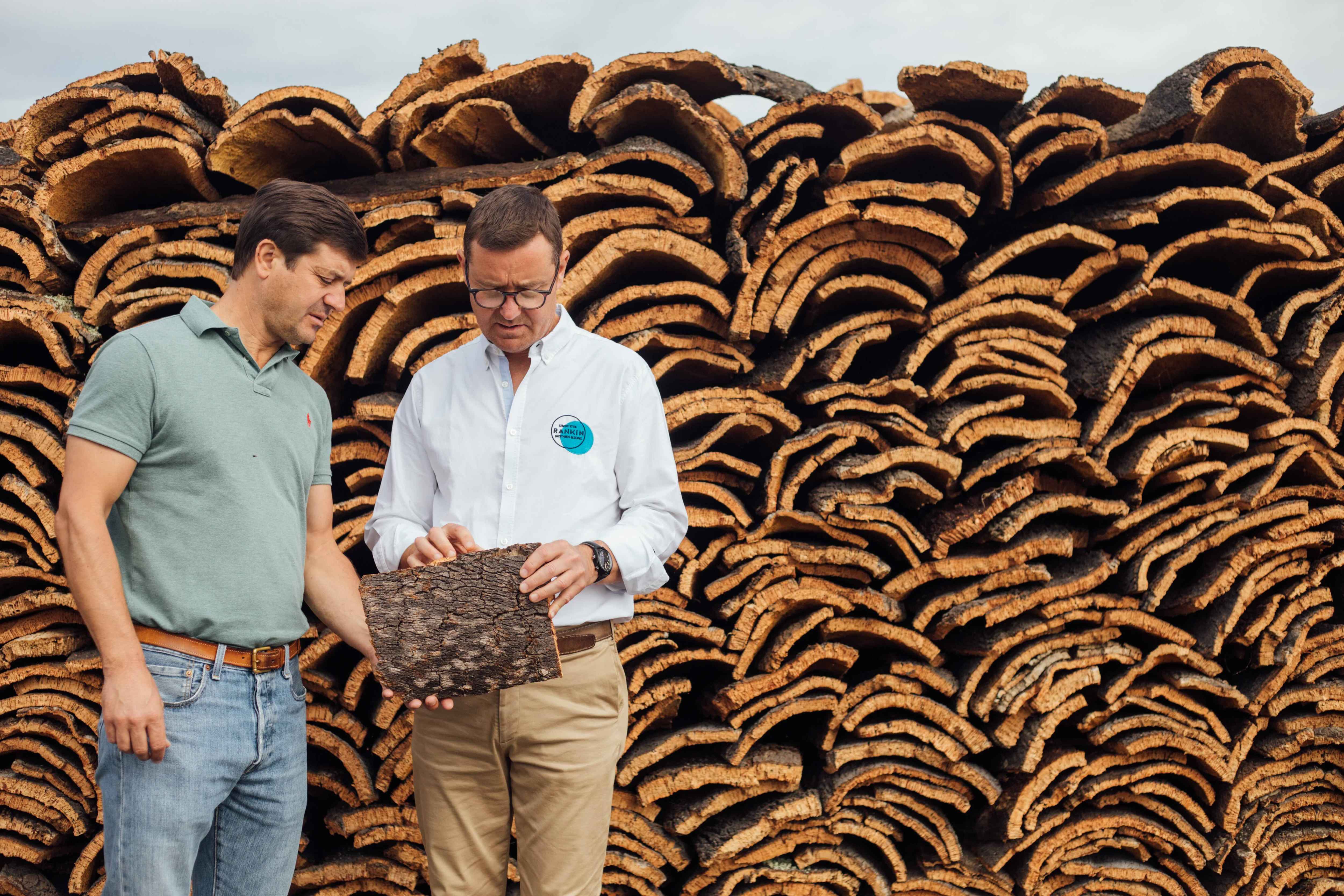
Rankin mentioned that after the autumn budget, he held discussions with auditors and legal advisors to brainstorm potential strategies to mitigate the impact of the new policies. “This has prompted us to reassess our arrangements, which are already well-structured to protect our family’s stake and ensure continuity,” he stated. He aims not to burden the next generation with excessive rules, believing it to be counterproductive.
Although the future of Rankin Brothers & Sons remains uncertain for the seventh generation, Rankin expressed he won’t pressure his 19-year old twin sons to join the company. If they choose to participate, he wants them to infuse their unique perspectives and innovative ideas. “It’s essential that each new generation enters with fresh thoughts—stifling their creativity would be the worst course for the older generation to follow,” he concluded.
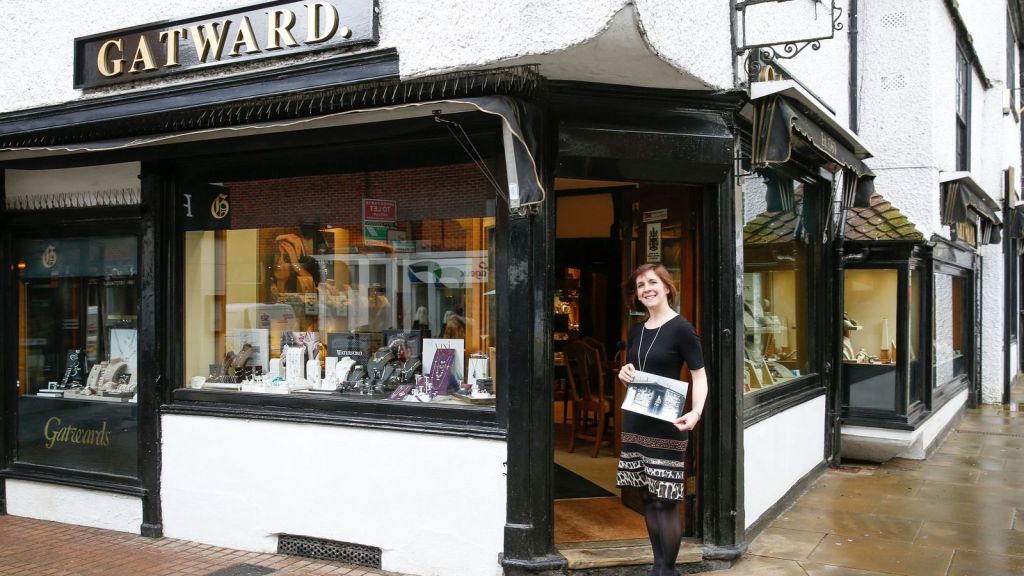

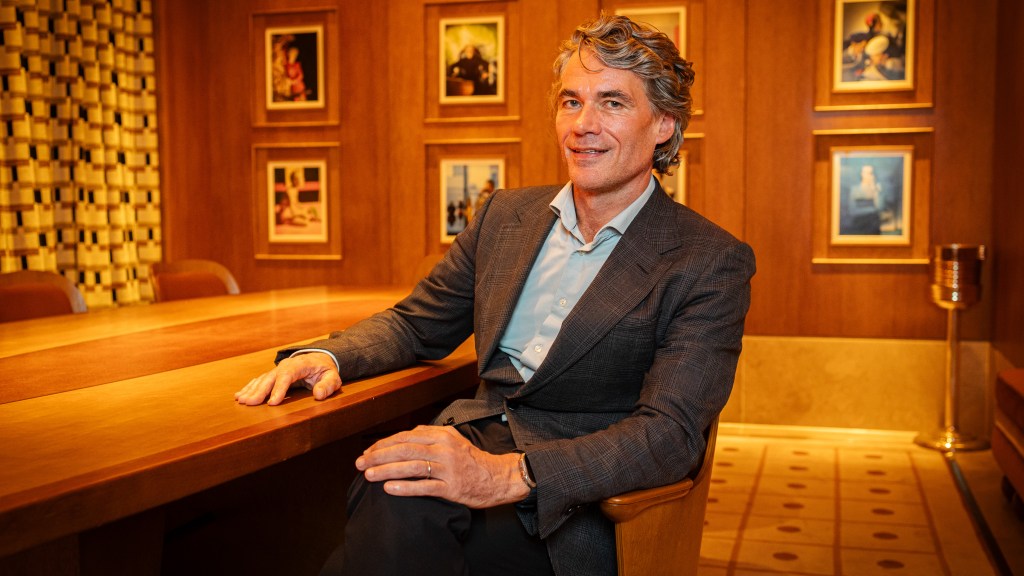

Post Comment